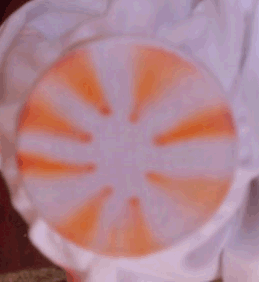Graduate is a teaching model for people who have completed graduation.
In Brazil, undergraduate courses are divided into bachelor, bachelor and technologist degrees.
The purpose of postgraduate courses is to train professionals who are more specialized in certain areas of expertise, both academically and professionally.
Learn more about the meaning of bachelor degree and graduation.
In Brazil, postgraduate courses are divided into: master's, doctoral, specialization and improvement courses.
Currently, postgraduate courses can be presented either in person or through the so-called EaD (Distance Education).
The postgraduate courses taught in Brazil are also subdivided into two categories: Lato sensu and stricto sensu.
See also: meaning of level of education.
Lato sensu and stricto sensu
The Latin expressions “broad sense" and "strictosense” mean, respectively, "in a broad sense" and "in the strict sense".
They serve to differentiate the types of postgraduate courses that exist, from the shortest to the longest.
Typically, postgraduate courses Lato sensu are more comprehensive and aimed at the labor market, such as specializations and MBA's.
The courses stricto sensu (Masters and PhD), however, take longer, which can last from two to five years.
Graduate courses stricto sensu are intended to study and analyze a particular, more specific and in-depth subject or problem.
Learn more about the meaning of Lato sensu, strict sense and difference between lato sensu and stricto sensu.



